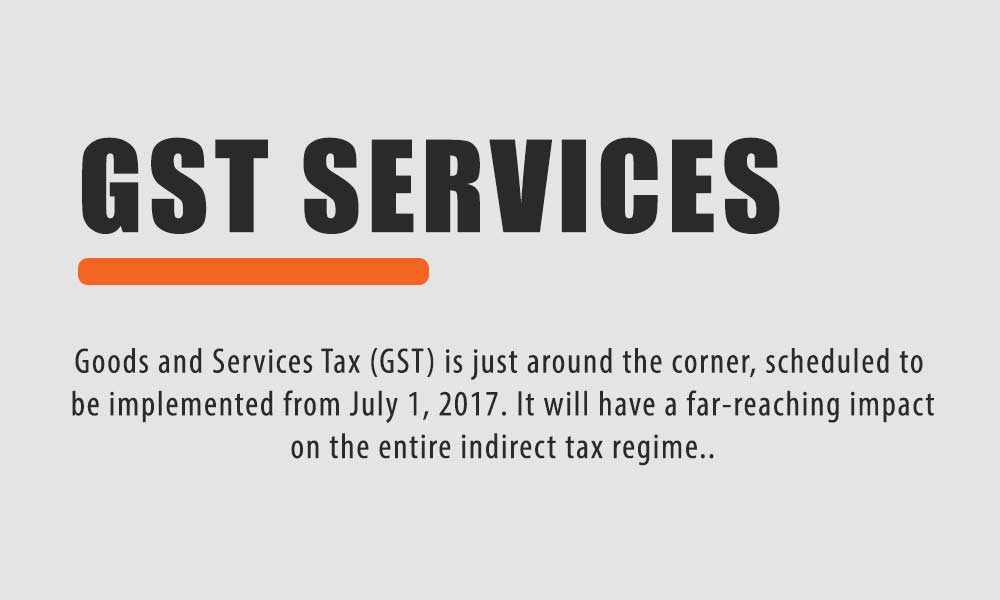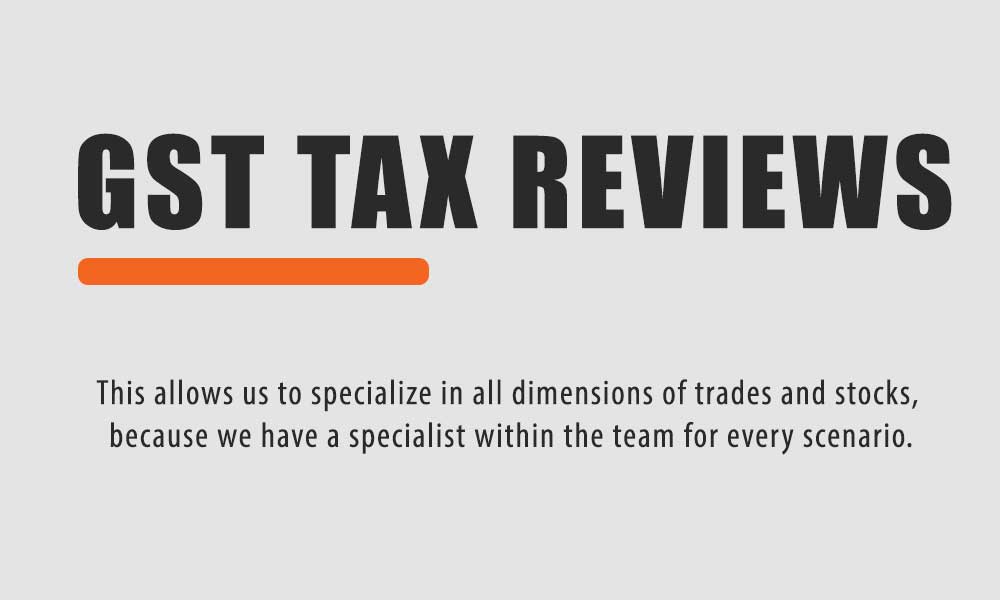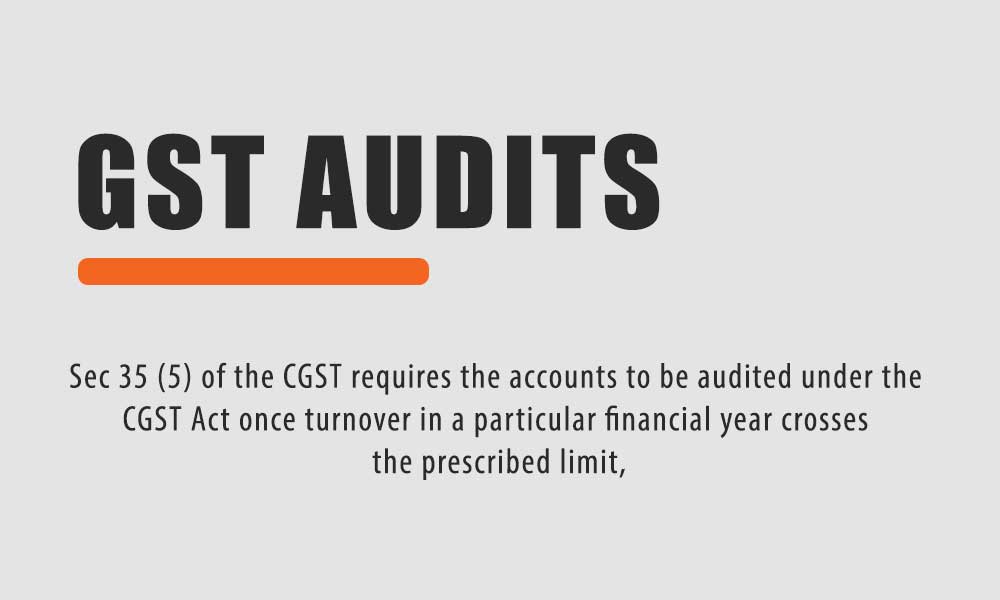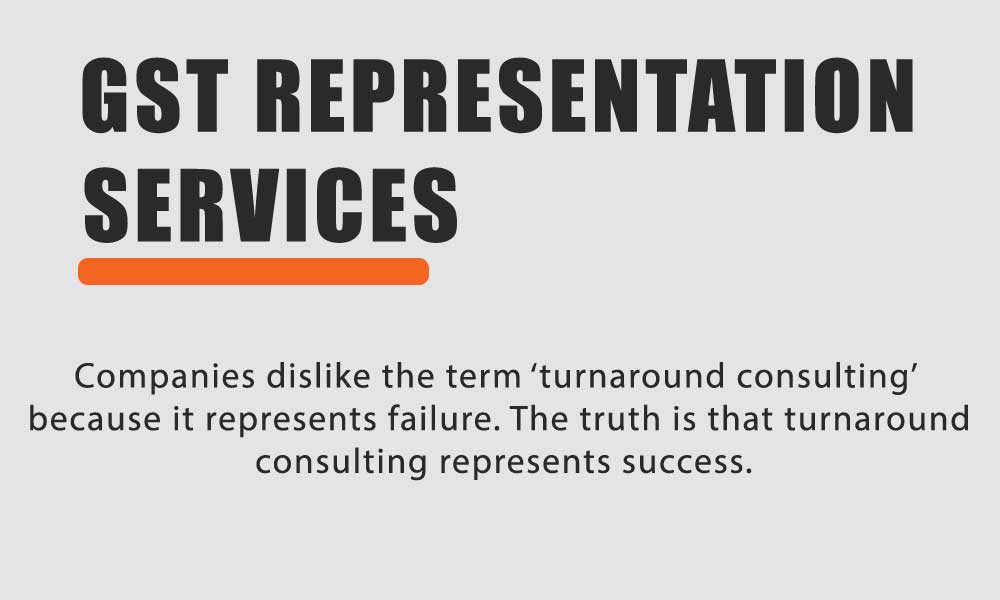What is GST?
Goods and Services Tax is the new unified, multi-stage and consumption based tax levied on manufacture, sale and consumption of Goods and Services at national level to replace all the existing national and state tax systems like VAT, Service Tax, Excise Duty, etc. It is expected to remove the cascading effect of tax-on-tax which is prevalent presently. It is applicable to you if you are into Manufacturing, Trade, E-commerce or Services.
How to Enroll for GST?
You can enrol for GST via the common portal of Goods & Services Tax. We can also help you with your enrollment. For more details click here.
What are the Benefits of Goods & Services Tax?
- Cascading tax effect (meaning tax on tax) will no longer exist
- Input Tax Credit will be easier to avail
- Returns and compliances will be consolidated
- Increased efficiency in Logistics
- Subsumes variety of Indirect Taxes
- Higher threshold for Registration
- Composition scheme for smaller businesses
- Online simpler procedure
- Regulating the unorganised sector
Is Input Tax Credit Available under Goods and Services Tax?
- Input credit means at the time of paying tax on output, you can reduce the tax you have already paid on inputs. One of the fundamental features of Goods & Services Tax is the seamless flow of input credit across the chain (from the manufacture of goods till it is consumed) and across the country.
How many Returns are required to be filed under GST?
- A business in most cases will be required to furnish 3 returns monthly and 1 annual return. That means any business will require to file 37 returns in a financial year. However there are separate returns for a taxpayer registered under the composition scheme, taxpayer registered as an Input Service Distributor, a person liable to deduct or collect the tax (TDS/TCS)
What is GST Compliance Rating?
- GST Compliance Rating is a numerical rating given to businesses depending on their level of compliance with Goods & Services Tax rules. Refund claims under the GST regime will also be processed on merit basis, i.e on the GST compliance rating of the registered taxpayer. It is expected that certain slab rates will be maintained for various taxpayers falling under various bandwidths of compliance rating and the refunds will be made in terms of percentage amount based on the individual rating of the taxpayer. Higher compliance ratings will make the refunds process easier for businesses.
Can I have multiple Registrations?
- Yes. A person with multiple business verticals in a state may obtain a separate registration for each business vertical (in each state).
What is Composition Scheme?
- Small businesses and taxpayers having a turnover less than Rs. 75 lakhs can opt for Composition scheme where they will be taxed at a nominal rate of 0.5% or 1% (for manufacturers) CGST and SGST each (rates as per the latest proposed changes in the Goods and Services Tax bills). Composition levy is available to only small businesses dealing in goods. It is not available to interstate sellers, e-commerce traders and operators, and service providers.
Which all taxes will GST replace?
- It will replace all the taxes currently levied and collected by the Centre (such as Central Excise Duty and CVD) and by the State (such as VAT and CST), on businesses.
What is HSN Code?
- The Harmonized Commodity Description and Coding System generally referred to as “Harmonized System of Nomenclature” or simply “HSN” is a multipurpose international product nomenclature developed by the World Customs Organization. It comprises about 5,000 commodity groups; each identified by a six digit code, arranged in a legal and logical structure and is supported by well-defined rules to achieve uniform classification. Without HSN, the system will not be able to pick tax rate for goods declared at the time













